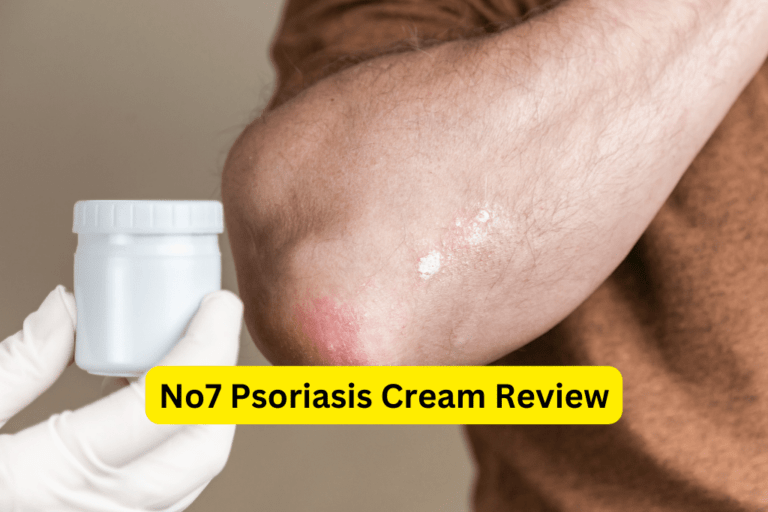Updated 2012 ICD-9 Code for Psoriasis Diagnosis & Treatment
Psoriasis Icd 9 Code 2012
Psoriasis is a chronic skin condition characterized by the development of red, scaly patches on the skin. It is a non-contagious autoimmune disease that affects millions of people worldwide. The exact cause of psoriasis is still unknown, but it is believed to be a combination of genetic, environmental, and immune system factors.
When it comes to medical coding and billing, having the correct ICD-9 code is crucial. The ICD-9 code for psoriasis is important as it helps healthcare providers accurately diagnose and treat patients with this condition. This article will provide an in-depth understanding of the ICD-9 code for psoriasis and its significance in healthcare management.
Understanding ICD-9 Code
The ICD-9 code is a coding system used by healthcare professionals to classify and code diagnoses, symptoms, procedures, and medical services. It is an essential tool for accurate billing, reimbursement, and statistical tracking of healthcare data.
The 2012 version of the ICD-9 code brought several revisions and updates to the existing codes. These revisions aimed to improve the accuracy and specificity of coding, ensuring better communication between healthcare professionals and insurance providers.
Psoriasis ICD-9 Code 2012
Psoriasis is a chronic skin condition that affects the life cycle of skin cells. It often causes cells to build up rapidly on the surface of the skin, leading to the formation of thick, red plaques covered with silvery scales.
The ICD-9 code for psoriasis in the 2012 version is 696.1. This specific code is used to classify and document the diagnosis of psoriasis in medical records. It is essential for accurate billing and reimbursement.
The ICD-9 code 696.1 is used specifically for the diagnosis of plaque psoriasis, which is the most common form of psoriasis. It is characterized by raised, inflamed, and red lesions covered with silvery-white scales.
Benefits of Correct Coding
Accurate coding of psoriasis carries several benefits in healthcare management. Firstly, it provides healthcare providers with a clear understanding of the patient’s diagnosis, enabling them to develop an appropriate treatment plan. This leads to better patient outcomes and improved quality of care.
Correct coding is also crucial for proper billing and reimbursement processes. Insurance companies, Medicare, and Medicaid require accurate coding to process claims efficiently. Incorrect coding can lead to claim denials, delayed payments, or even legal issues.
How to Use ICD-9 Code for Psoriasis
Using the ICD-9 code for psoriasis requires a step-by-step approach to ensure accuracy. Here is a simple guide to using the code:
- Identify the type of psoriasis diagnosed: plaque psoriasis, guttate psoriasis, pustular psoriasis, etc.
- Locate the corresponding code in the ICD-9 codebook or electronic database.
- Document the specific site and severity of the psoriasis lesion, if applicable.
- Include any additional relevant information, such as associated symptoms or complications.
- Ensure the code is properly linked to the primary diagnosis and other secondary diagnoses, if applicable.
Let’s consider an example: a patient is diagnosed with plaque psoriasis on the scalp. The ICD-9 code for this specific case would be 696.1 for plaque psoriasis, with an additional code 690.18 to specify the site, in this case, the scalp. Proper documentation and coding ensure accurate billing and reimbursement.
Common Mistakes to Avoid
When coding psoriasis, there are some common mistakes that healthcare providers should avoid. These include:
- Using an incorrect code for the type of psoriasis diagnosed.
- Not documenting the specific site and severity of the psoriasis lesion.
- Linking the code to the wrong primary or secondary diagnosis.
- Failing to update codes based on the latest revisions and updates.
- Not providing sufficient details or documentation to support the code chosen.
To avoid these mistakes, healthcare providers should stay updated on the latest coding guidelines and seek clarification when in doubt. Investing in regular training and education for coding staff can also significantly reduce errors.
Transition to ICD-10 Code
As of October 1, 2015, the ICD-10 code replaced the ICD-9 code for medical coding and billing. The transition was necessary to accommodate the growing complexity of healthcare data and improve the accuracy and specificity of coding.
Compared to ICD-9, the ICD-10 code offers a more detailed classification system, allowing for better specificity and accuracy in diagnosing and treating psoriasis. It provides healthcare providers with a wider range of codes to choose from, ensuring precise documentation of the patient’s condition.
Conclusion
The correct ICD-9 code for psoriasis is essential for accurate diagnosis, treatment, and billing. It plays a crucial role in healthcare management, ensuring proper communication between healthcare providers, insurance companies, and government agencies. By understanding the ICD-9 code for psoriasis and following proper coding practices, healthcare providers can streamline their processes, improve patient care, and optimize reimbursement.
References
[1] American Academy of Dermatology. (n.d.). Psoriasis. Retrieved from https://www.aad.org/public/diseases/scaly-skin/psoriasis
[2] Centers for Disease Control and Prevention. (2016). International Classification of Diseases, Ninth Revision, Clinical Modification (ICD-9-CM). Retrieved from https://www.cdc.gov/nchs/icd/icd9cm.htm
[3] Centers for Medicare and Medicaid Services. (n.d.). ICD-10. Retrieved from https://www.cms.gov/Medicare/Coding/ICD10/index.html
"Have You Seen Mike Walden's new holistic acne System yet? It's called "Acne No More" I've read the whole thing (all 223 pages) and there's some great information in there about how to naturally and permanently eliminate your acne without drugs, creams or any kind of gimmicks. I highly recommend it - it's very honest and straightforward without all the hype and b.s. you see all over the net these days. Here's the website where you can get more information:
Click Here -->AcneNoMore









